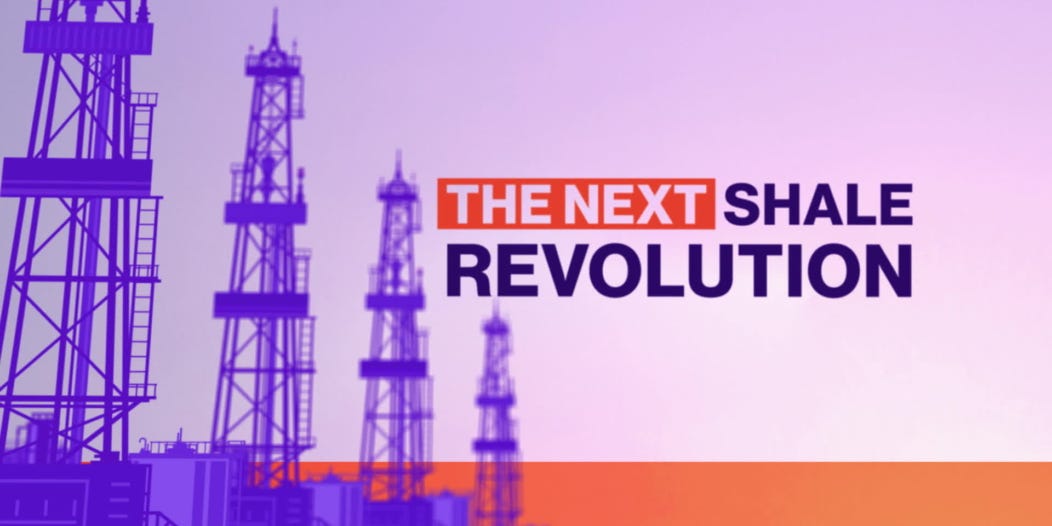ExxonMobil develops fracking technologies to significantly increase production from shale wells
The next shale revolution is on the way according to CEO Darren Woods
The U.S. shale revolution propelled the U.S. from being a crude oil importer to being the world’s largest producer and exporter of crude oil and natural gas. ExxonMobil’s CEO, Darren Woods, recently said their research identified improvements in hydraulic fracturing that will enable more oil and natural gas to be produced from new wells and existing shale fields.
When asked about ExxonMobil’s outlook for U.S. production of crude oil and natural gas at Bernstein’s 39th Annual Strategic Decisions Conference 2023, Woods focused on improvements in hydraulic fracturing as a critical factor determining the future:
Fracking has been around for a really long time but the science of fracking is not well understood. There are very few companies or organizations out there that could tell you exactly how fracks propagate, and what that looks like underground.
Woods emphasized that ExxonMobil has a different view of the oil and gas business in that they are a “long ball hitter.” After acquiring XTO in 2018, they developed a 5-year program to study the science behind hydraulic fracturing in shales, and that research is now starting to pay off:
I think there’s still a lot of technology to unlock, and that’s still relatively immature in its development cycle. We’re still only recovering about 10% of unconventional resources. So there’s a lot of oil being left in the ground based on industry’s ability to tap into that and recover that oil.
Woods mentioned two improvements in hydraulic fracturing they have identified. One is improving the ability to frac along a very long lateral, and the other is improving the longevity of the proppants so the fracks stay open longer.
The implications of ExxonMobil’s research are enormous. Improved fracking technology will not only enhance production from new wells, but they might be able to go back into old wells and recover more oil and gas than has already been produced. The technologies he suggests could mean that the next shale revolution is coming.
Although Woods did not go into detail about the research ExxonMobil is doing on improving hydraulic fracturing, it no doubt involves big data. Every oil and gas well drilled and completed for over a decade has collected massive amounts of data at each stage of the drilling and completion process. Dealing with the enormous amount of data that has been collected has been challenging. The recent advances in A.I. offer a path to analyze all that data.
Woods’ comments indicate that ExxonMobil is very close to developing the technologies that will keep the United States the world leader in hydraulic fracturing and enable the U.S. to remain the world’s largest crude oil and natural gas producer for decades.


